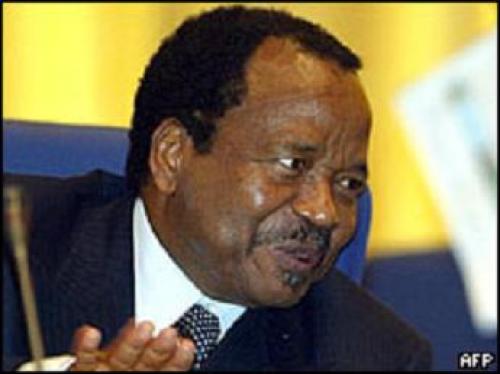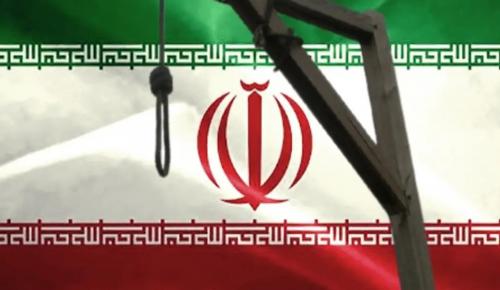government: republic; multiparty presidential regime
state of civil and political rights: Not free
constitution: 20 May 1972 revised in 1996
legal system: based on French civil law system, with common law influence
legislative system: unicameral National Assembly (Assemblee Nationale)
judicial system: Supreme Court, judges are appointed by the president. High Court of Justice
religion: indigenous beliefs 40%, Christian 40%, Muslim 20%
death row:
year of last executions: 0-0-1988
death sentences: 0
executions: 0
international treaties on human rights and the death penalty:International Covenant on Civil and Political Rights
1st Optional Protocol to the Covenant
Convention on the Rights of the Child
Convention Against Torture and Other Cruel, Inhuman or Degrading Treatment or Punishment
Statute of the International Criminal Court (which excludes the death penalty) (only signed)
situation:
Cameroon applies the death penalty for treason. The Criminal Code also prescribes the death penalty for serious crimes including: murder committed with premeditation; by poisoning; in order to prepare, facilitate or commit an offence, or to assist in the escape or ensure the impunity of the principals or accomplices in the offence (Criminal Code, art. 156); acts of violence or physical assaults against a government employee, with the intention of killing him (Criminal Code, art. 156) and aggravated theft.
Following criticism that the definition of aggravated theft in article 320 of the Criminal Code was extremely vague, parliament, on December 19, 1990, adopted Act No. 90/061. This act states that a crime can be considered aggravated theft only if the violence has led to death or serious injury as described in articles 277 and 279 of the Criminal Code.
Traffic in toxic or dangerous wastes was made a capital offence by Act No. 89/027 of December 29, 1989.
Minors under 18 years of age cannot be sentenced to death. Article 80 of the Criminal Code makes juvenile status a mitigating circumstance. Article 87 of the Code provides for an automatic commutation of the sentence to a jail term ranging between two and 10 years. Pregnant women cannot be executed until after childbirth (Criminal Code, art. 2.3).
Any final death sentence handed down by the national courts is automatically the subject of a mercy petition to the President of the Republic, who may decide to exercise clemency by virtue of discretionary powers. The sentence cannot be carried out until the President has rejected the petition (Criminal Code, art. 22.2). Even if a convicted person does not request a presidential pardon, the public prosecutor automatically files the petition for him/her.
In the report submitted to the Human Rights Committee in compliance with its obligations as a state party to the International Convention on Civil and Political Rights in 1993 (CCPR/C/63/Add.1), Cameroon states that the Chief of State and the National Assembly exercised their right under Cameroonian legislation to grant amnesties and commutations on several occasion, including a 1991 amnesty law releasing the still-jailed perpetrators of a failed 1984 coup d’etat. Some of the conspirators had been put to death on April 6, 1984. The last execution – of Njomzeu and Oumbe, who murdered the Mpondo family in 1979 – took place in 1988.
On December 18, 2007 Cameroon abstained on the Resolution on a Moratorium on the Use of the Death Penalty at the UN General Assembly.






